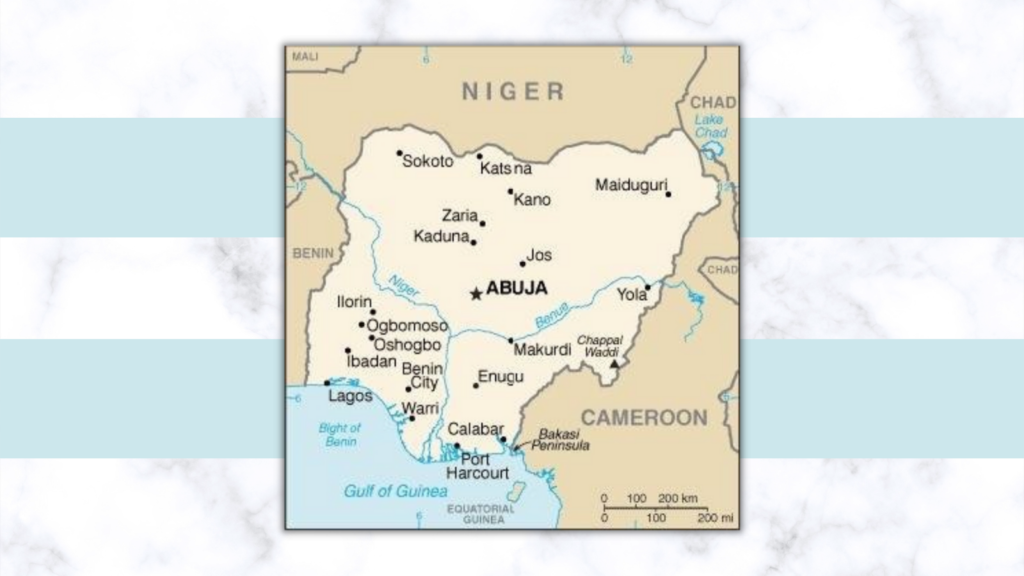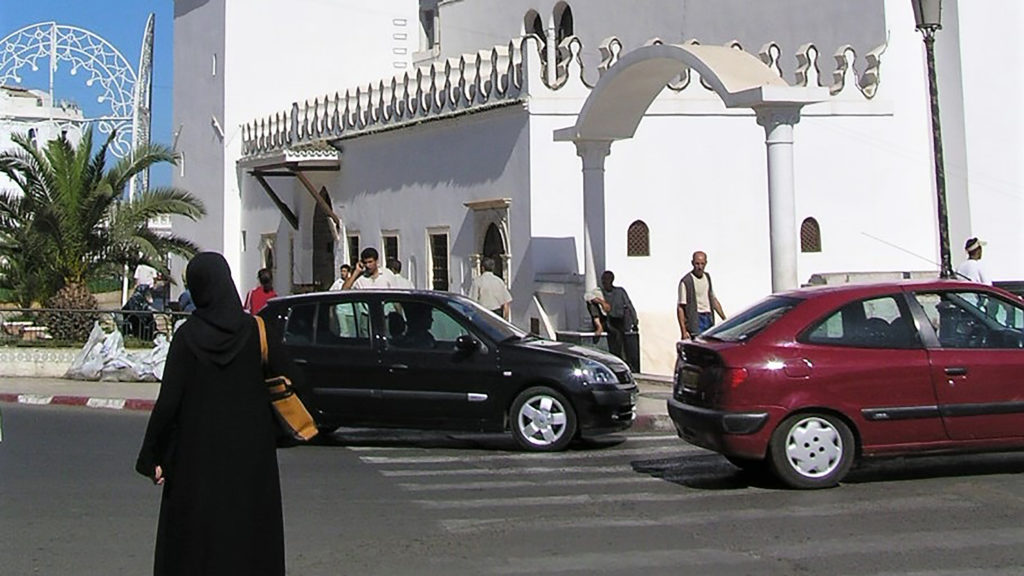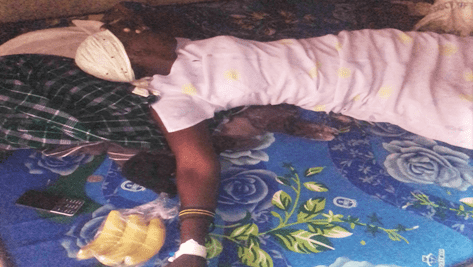Jummai opened her tailor’s shop on the morning of Sept. 18 without any premonition that a crisis awaited her.
Equally unsuspecting were her fellow Christians, who represent less than 20 percent of the predominantly Muslim population of Dutse, capital of Jigawa state in northern Nigeria.
But by that afternoon, offhand comments exchanged with several Muslim customers had attracted the wrath of local Islamist agitators. Angry mobs started forming around town, demanding the Christian tailor be killed for blasphemy against Mohammed, the prophet of Islam.
The dispute spiraled into a violent, one-day rampage, leaving 16 churches burned down, six Christians injured and at least 2,000 Christians homeless. In the aftermath, government officials moved to institutionalize the crisis, announcing that the churches and Christians themselves would be forced to resettle outside the town limits of Dutse.
Jummai’s alleged blasphemy came in the context of local resentments against comments attributed to Pope Benedict XVI, accused of slandering Islam the previous week in a speech in Germany.
Local Christians said Muslims in the capital were “looking for an excuse” to trigger a crisis over the pontiff’s statements.
In the back and forth comments about Christ and Mohammed, Jummai was reported as saying, “But Christ has risen from the dead. Mohammed could not rise from the dead, and he is still in his grave.”
Irate bystanders immediately began spreading rumors against Jummai across town, declaring she had blasphemed against Mohammed and deserved to die. Reportedly the Christian tailor was taken by force to the Turakin Dutse, an adviser to the emir (Muslim leader) of Dutse, and ordered to leave within two days or be prepared to die. Jummai’s whereabouts since are unknown to several Christian leaders.
It was not until a full-blown rampage began Sept. 20 that most church leaders had even heard about Jummai’s alleged blasphemy. And when clerics appealed to police authorities to stop the attacks, which raged for six straight hours, they were ignored.
According to Hamidu Samaila Gimba of the Evangelical Church of West Africa, the few Christian policemen who attempted to assist Christians were threatened by State Police Commissioner Abubakar Sardauna. “The police commissioner is partisan on the side of the Muslims in this case,” Gimba said.
Lumu sees the forced move as a holy war against Christians. “Jihad is not only fighting wars. It also includes banning of the building of churches, destruction of churches and persecuting Christians by whatever means,” he said.
With the introduction of sharia (Islamic law) six years ago in northern Nigeria, Christians have come under serious pressure from the Islamic government of Jigawa state, Gimba said. “Sharia has aggravated the already strained relationship between Muslims and Christians “[because] under this system, the government stifles Christianity and the church by promoting Islam.”
Since Islamic law was implemented, Jigawa state has banned the building of new churches and refused to allow Christian students to attend public schools unless they convert to Islam.
“Our children are denied admission into government schools,” Lumu said. “For your child to get admission, the child must convert. The child’s name must be changed from Christopher to Abubakar.
Otherwise such a child will not be admitted. And once the name is changed, the child is automatically considered a Muslim and forced to become a Muslim, whether the parents want it or not. That is sharia for you.” (CD)





Share with others: